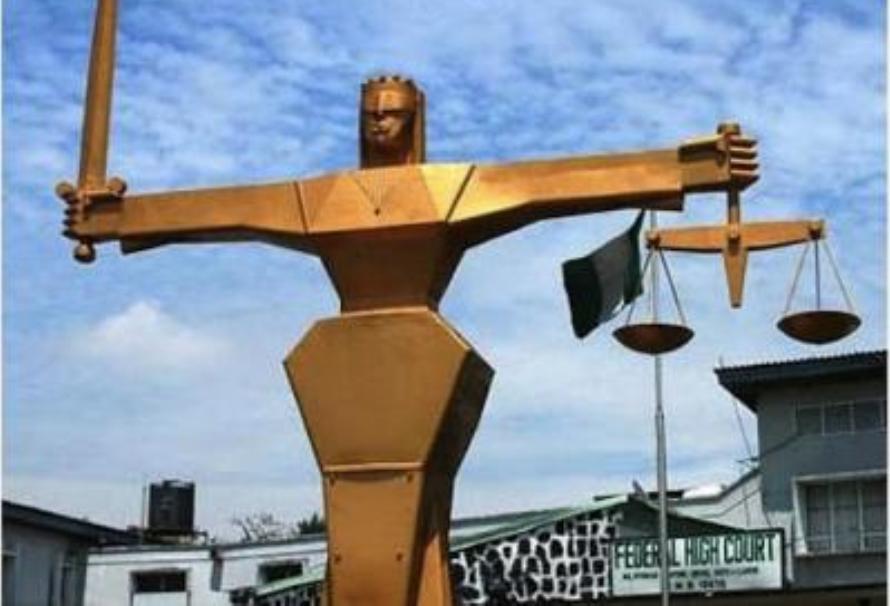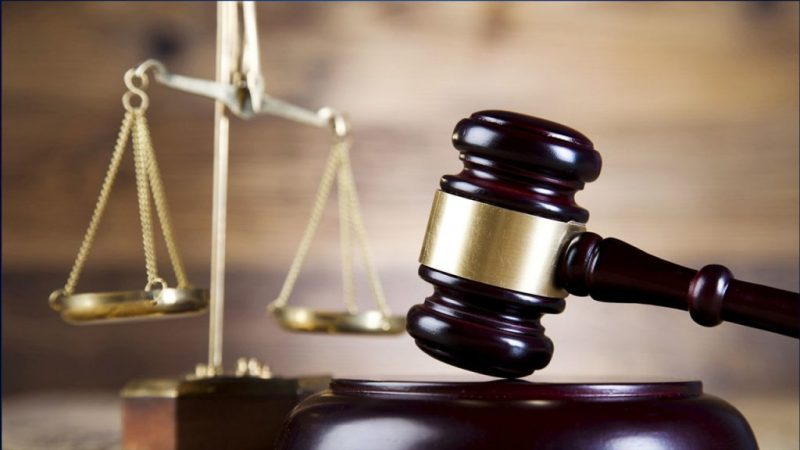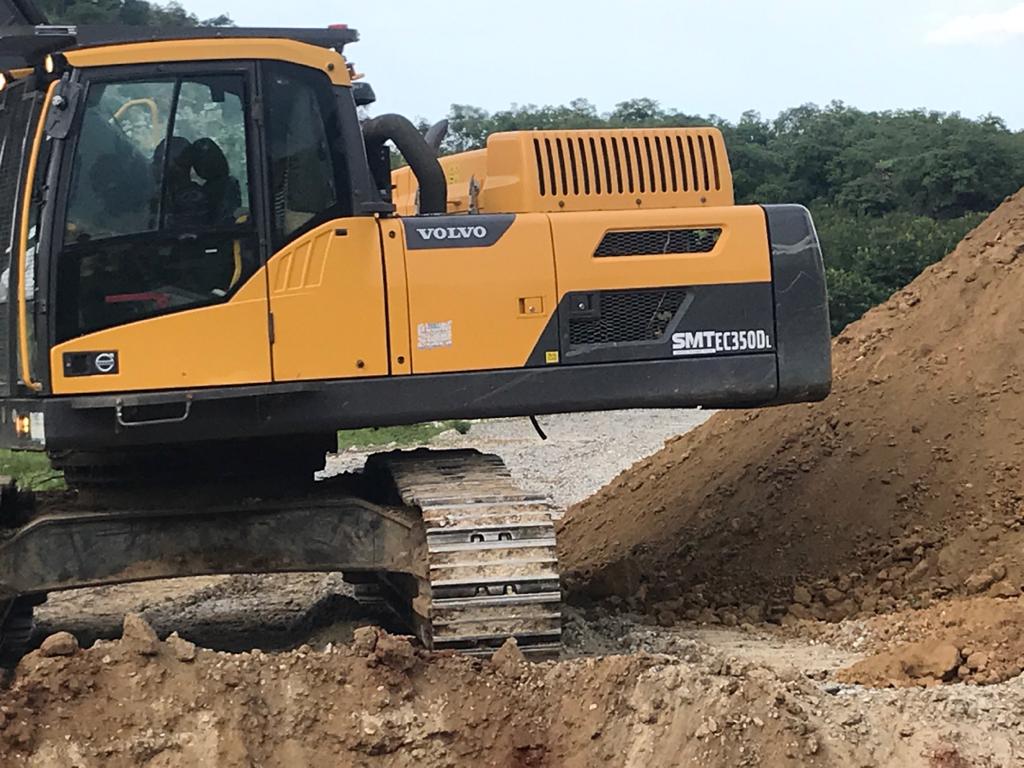Gists
Magistrate Emmanuel Archibong Orders Journalist To Apply For Permission Before Covering Cases In His Court After Complain From Police Prosecutor Gabriel Anyim

A judge in Akwa Ibom State has said that journalists must first apply for permission before covering the proceedings in his court.
Emmanuel Archibong, a chief magistrate in Uyo, the capital of the oil-rich state, made the comment, Tuesday, when the police arraigned three indigenes of the state – Enobong Eshiet, Benson Benjamin, and Utibe Okon.
The three were arrested for holding peaceful protest on the road leading to the office and the official residence of the state governor.
The three men were among hundreds of ‘next of kin’ who have been protesting against the state government for the non-payment of gratuities and pensions of their late relatives, some primary school teachers who died while in the government service.
They have been charged for unlawful protest.
The series of protests, the arrest of the men during the January protest and their subsequent arraignment have attracted media attention in the state.
The police prosecutor, Gabriel Ayim, who drew the judge’s attention to the presence of journalists in the court, told the judge that he was uncomfortable seeing journalists taking notes in a case he was handling.
“My Lord I am concerned that journalists are taking notes in this court,” Mr. Ayim, a police inspector, told the judge midway into the case. “I will be uncomfortable to see the cases I am handling being reported on the pages of newspapers.
“I don’t know who granted them the permission to take notes of the court proceedings?”
Before then, the inspector had personally approached reporters inside the courtroom and ordered them to stop taking notes, which they refused.
Prompted by the prosecutor’s remarks, the magistrate asked PREMIUM TIMES, New Nigerian newspaper and the Inspiration 105.9 FM reporters to stand up briefly.
He then told them that the “ethics of the court” demand that the reporters should first inform the court before they could cover its proceedings.
“Even a visitor to someone’s house would first inform his host about his coming so that they could prepare for him.
“This thing (journalists covering court case without permission) can only happen here because it is Akwa Ibom State, it can’t happen elsewhere.
“For those of you who have taken notes of the proceedings of this court, when you leave this courtroom please delete them,” the magistrate said.
Inibehe Effiong, the lawyer to the accused persons, made a futile attempt to persuade the judge to change his mind.
“My Lord, the doors of the courtroom ought to be thrown wide open not only for journalists but to any interested members of the public,” Mr. Effiong said, adding that journalists were empowered by the Nigerian constitution to have unrestricted access to court proceedings, except in situations where the court is protecting minors or in special cases that had to do with security.
Mr. Effiong said he didn’t understand why the police prosecutor was feeling uncomfortable with journalists reporting court proceedings, when in a country like South Africa court proceedings were being broadcast live for the people to watch at their homes.
For the trial, the prosecutor applied for the substitution a fresh charge with five counts, instead of the original three counts. But the defence lawyer, Mr. Effiong objected to it.
The magistrate granted Mr. Effiong’s request that the case be stood down for 15 minutes to enable him and his co-defence lawyer, Augustine Asuquo, to study the fresh charge. When the case resumed the defence lawyer still insisted on his opposition to the fresh charge.
The case was adjourned to March 24
Premiumtimes








